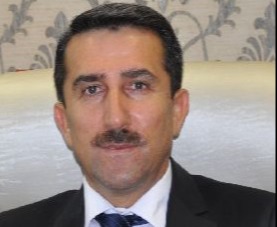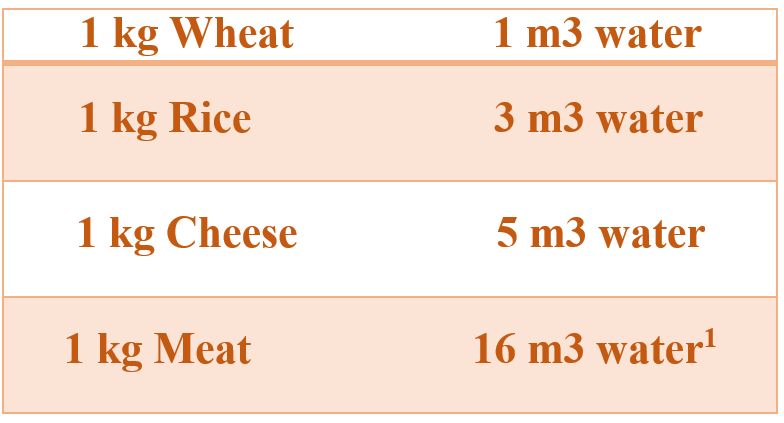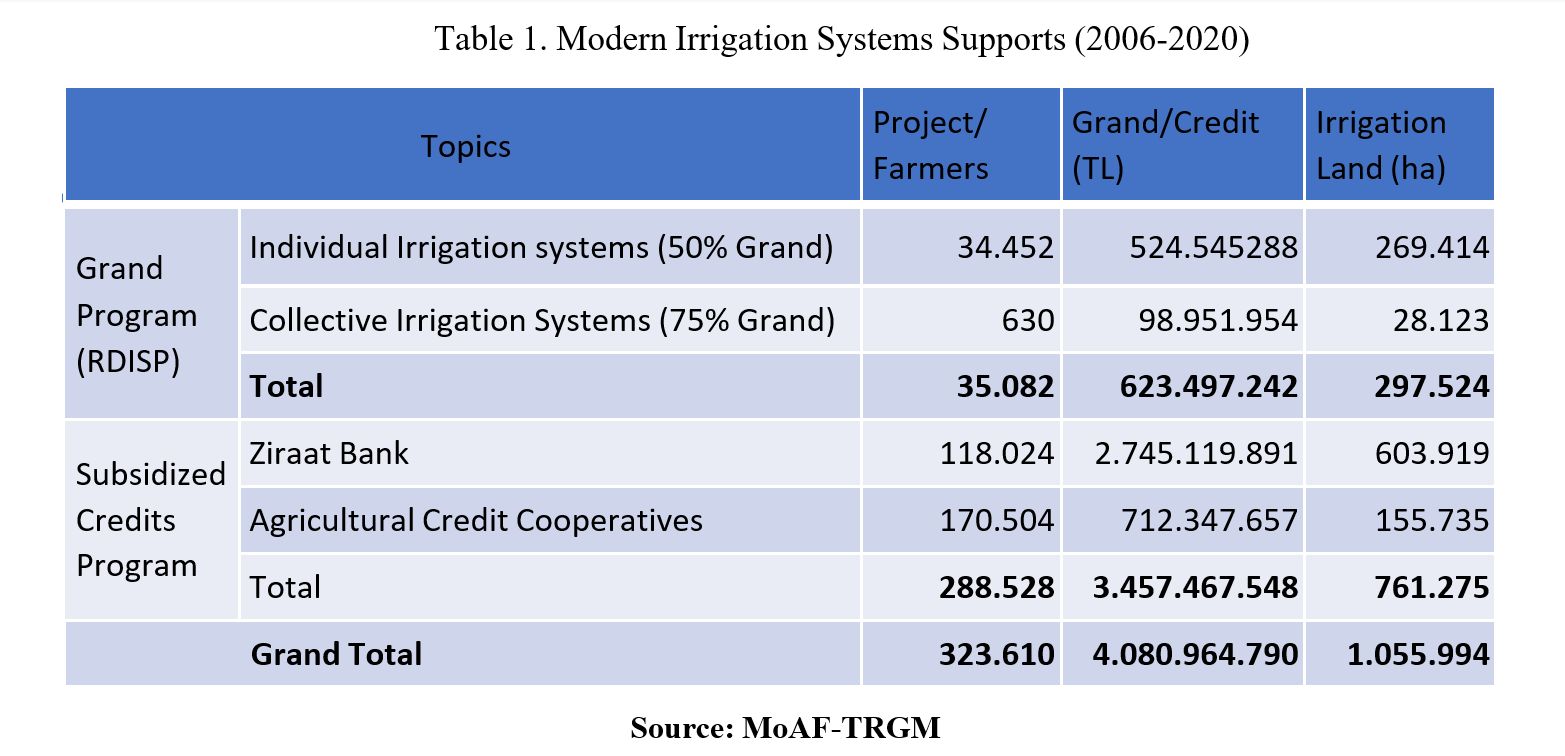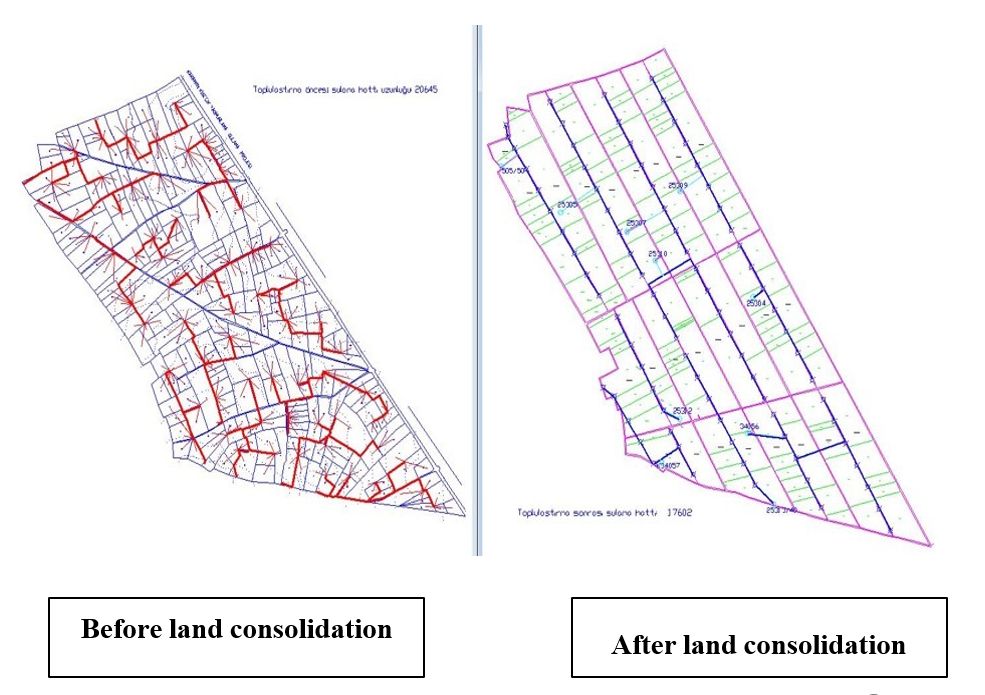Water Scarcity And Irrigation Management For Enhanced Food Security

As the world population grows, the demand for food also increases. Since the increase in agricultural production cannot meet the rising food demand, food security is on the top of the political and economic agenda. “Food Security” means that
everyone has access to enough food at all times. Since there is not enough food available in the world today; 25 thousand people die every day due to hunger.
Each factor related to food production is also related to food security. Water is the most important resource for all living things and is also the most essential input for plant production and livestock.
About 2/3 of the food produced worldwide is provided from irrigated lands. These figures for the amount of water consumed to produce different food items show the vital role of water in food production.

Today, it is impossible to increase agricultural areas, and therefore, efficiency-enhancing measures are compulsory for increasing agriculture production. While it is possible to increase the yield 3-5 times with only irrigation, it is possible to increase the yield 8-10 times with the use of quality seeds, fertilizers, pesticides, and intensive farming techniques with irrigation.
Turkey's surface area is around 78 million hectares and its agricultural area is approximately 23.1 million hectares (TUIK 2020). According to the calculations, our economic irrigable land is approximately 8.5 million hectares, and 6.7 million hectares
(77%) have been opened to irrigation so far.
Turkey is located in arid and semi-arid regions with an annual amount of usable water is 112 billion m3 in total. Water is mostly used in the agricultural sector (76%). According to international criteria,
Turkey is not a water-rich country. The amount of water per capita in the country is approximately 1350 m3/year.
On the contrary, it is a country with water scarcity. Turkey's population in 2050 is expected to become 105 million. In this
case, the amount of water per person will decrease to 1066 m3. This situation shows that the country will be among the countries which are below the water poverty limits (1000 m/year). For this reason, efficient use of water in agriculture has become
much more important than usual.
Evaluation of the Irrigation System in Turkey
In Turkey, more than 9000 irrigation projects at different scales have been completed since 1954. Approximately 2.5 million hectares of the 5.7 million hectares opened for irrigation
by the state is monitored. In the monitored areas, the irrigation rate is about 65% and the irrigation efficiency is about 45% due to the following factors:
1. Problems with aging irrigation networks as most of the irrigation networks are over 40 years old, and the need for maintenance and repair are highly needed. It consists of 60% open canal (classic system) and 38% piped irrigation systems.To improve the irrigation efficiency, DSI has constructed an irrigation network as a piped system and the Ministry of Agriculture and Forest (TRGM) has supported on-farm sprinkler and drip irrigation systems with 50% grant program or interest-free loans since 2006.
 Especially,
in areas where water is scarce, the support of modern water-saving irrigation systems by the state has provided great benefits. Up to now, 350,000 farmers have been supported and approximately
Especially,
in areas where water is scarce, the support of modern water-saving irrigation systems by the state has provided great benefits. Up to now, 350,000 farmers have been supported and approximately
1.1 a million hectares of land have been provided
with modern irrigation systems.
Especially, in areas where water is scarce, the support of modern water-saving irrigation systems by the state has provided great benefits. Up to now, 350,000 farmers have been supported and approximately
1.1 a million hectares of land have been
provided with modern irrigation systems.
2. Problems related to parcel structure of agricultural enterprises: There are 3 million agricultural enterprises in Turkey. The scale of the enterprise is usually small (6 ha), the plots are fragmented (10 plots) and scattered. Additionally,
half of the parcels do not have direct access to the canal and the road. These problems are addressed through land consolidation.
In this regard, Turkey has made a remarkable achievement on land consolidation since land consolidation projects
were accelerated in 2006. About 6 million hectares of land have been consolidated so far (2021). About

2 million hectares are being consolidated and will be completed. Evaluation results showed that when piped irrigation projects are installed together with land consolidation in water-limited areas, around 50% water savings can be achieved. The irrigation rate can be increased from 50% to 80%.
As a result, to enhance the efficient use of water resources, a vital importance is directed towards building irrigation projects together with land consolidation, to expand modern irrigation systems, and to plan production according to water availability.
“The postings on this site are my own and do not necessarily represent FAO’s views, positions, strategies or opinions.”
- Building Resilience (4)
- Capacity Building (2)
- Climate Change Adaptation (3)
- Data availability and analysis (1)
- Drainage Water Reuse (1)
- Governance of NCWR (1)
- Mediterranean (1)
- Monitoring and enforcement (1)
- Nature Based Solutions (1)
- Nature Based Solutions (NBS) (1)
- Non-Conventional Water Resources (2)
- Resilience and Climate Change Adaption (3)
- Sustainable Agriculture (2)
- Sustainable Land and Water Management (1)
- Wastewater reuse (1)
- Water Action (2)
- Water Adaptation (2)
- Water and Sanitation (2)
- Water for Peace (1)
- Water Governance (3)
- Water productivity (1)
- Water Productivity Tools and Analytics (3)
- Water Saving (1)
- Water Scarcity (3)
- Water Security (2)
- Water use efficiency (1)
- WEF nexus (1)
